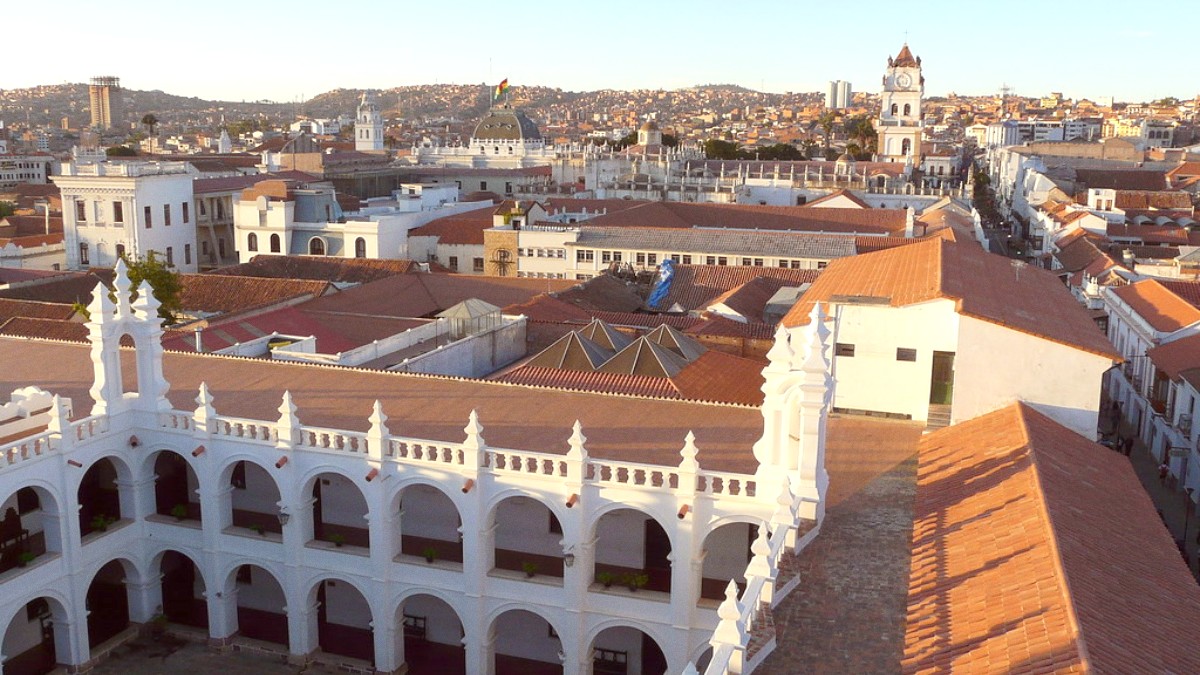
The Southwest, Bolivia
Regardless of nationality, several documents apply for entry: Passport, valid for at least 6 months beyond your intended stay. Visa Application Form (if applying in advance), completed and signed. Passport-sized Photos (2-4 recent color photos, 2x2 inches or 4x4 cm) with a white background. Proof of Accommodation (hotel reservations or letter of invitation). Proof of Financial Solvency (bank statements, credit card statements, or employer letter). Round-trip Ticket or Itinerary (proof of onward travel).
Yellow Fever Vaccination Certificate: mandatory for travelers from or transiting through endemic areas. Present your International Certificate of Vaccination or Prophylaxis (ICVP). Photocopies: Make multiple copies of all important documents, separate from the originals.
The Yellow Fever vaccination is the main health-related entry criterion. It is mandatory for travelers arriving from or transiting through countries with yellow fever transmission risk. The International Certificate of Vaccination or Prophylaxis (ICVP) documents your vaccination. Carry it with your passport.
Upon arrival, present your passport and visa (if obtained beforehand), or apply for the visa with all documentation and fee. Immigration officials stamp your passport with the entry date and permitted length of stay. Always check the stamp to ensure accuracy.
USD 14-34 / day
50-100 BOB (USD 7-14) for a dormitory bed or basic guesthouse.
30-70 BOB (USD 4-10) for market meals, street food, or affordable set lunches.
USD 41-85 / day
150-300 BOB (USD 22-43) for a comfortable guesthouse or mid-range hotel.
70-150 BOB (USD 10-22) for meals in mid-range restaurants.
USD 94-250+ / day
350-1000+ BOB (USD 50-145+) for high-end hotels or boutique stays.
150-350+ BOB (USD 22-50+) for fine dining experiences.
The official currency of Bolivia is the Bolivian Boliviano (BOB), generally around 6.90 BOB to 1 USD. ATMs are widely available in the city center. Most accept international cards. Inform your bank of your travel plans. Currency exchange houses offer better rates than hotels. Credit cards are accepted in larger hotels and mid-range to luxury restaurants; smaller establishments prefer cash.
Tipping finds appreciation for good service. In mid-range to upscale restaurants, a 5-10% tip is appropriate. Taxi drivers do not typically receive tips unless they provide extra service; rounding up the fare is a common gesture. For tour guides, tipping is customary; 20-50 BOB per person per day holds suggestions.
Set lunch menus offer great value.
Purchase fresh produce for savings.
Economical city transport.
Explore Sucre's center on foot.
Agree on the fare before entering a taxi.
Being informed about common concerns and preventative steps makes a big difference.
Sucre has several hospitals and clinics. Private options generally offer a better standard of care. Pharmacies find wide availability in the city center, often providing basic advice and over-the-counter medications.
Sucre is one of Bolivia's safer cities, especially within the historical center. Petty theft, like pickpocketing and bag snatching, forms the common concern, notably in crowded areas like markets, bus terminals, and on public transport.
Only use licensed taxis, identified by a yellow 'RADIO TAXI' sign, company name, and phone number. Avoid unmarked taxis.
A Money Belt or neck wallet secures important documents.
Stay alert for distraction scams.
Avoid walking alone at night. Stick to well-lit areas.
Less frequented areas hold lower safety, especially at night.
Police: 110. Fire: 119. Ambulance: 160.
Your well-being abroad holds utmost significance.
Vaccination is mandatory for endemic areas.
Consult a travel health clinic for Hepatitis A, B, Typhoid, etc.
At 2,810m, acclimatize gradually.
Healthcare Facilities
Sucre has several hospitals and clinics. Private options (e.g., Clínica Los Ángeles, Clínica Aranjuez) generally offer a better standard of care. Pharmacies are widely available, providing basic advice and OTC medications.
For serious medical needs, private clinics are the choice. For emergencies, going directly to a private clinic often secures a faster response. Always carry your International Certificate of Vaccination (ICVP) for Yellow Fever.
Comprehensive travel insurance is highly recommended.
Bring adequate supply with original packaging and doctor's note.
Cold/flu remedies, antacids, motion sickness tablets.
Consult doctor about Diamox. Coca leaves/tea are local remedies.
Supporting your well-being with quality resources.
LifeStraw for water filtration products.
Adventure Medical Kits for first aid supplies.
Pacsafe for anti-theft bags and security products.